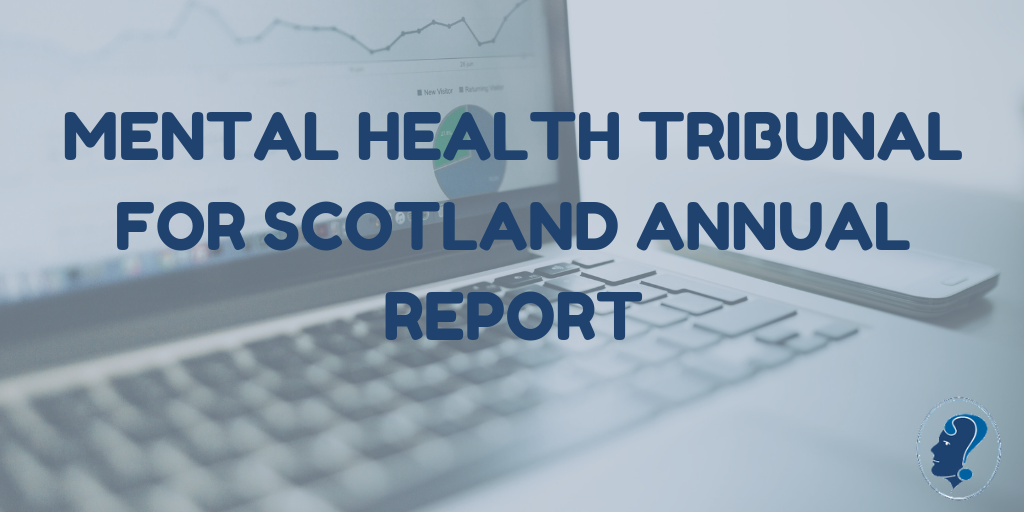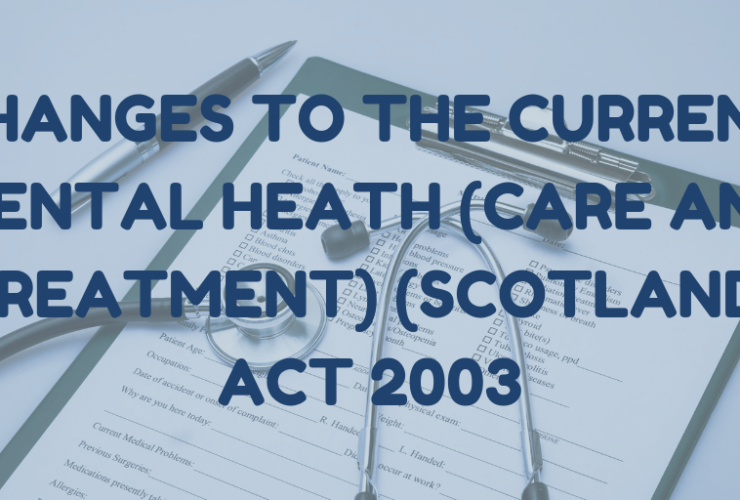Recently, the Mental Health Tribunal presented its Annual Report to the Scottish Parliament. As a result, we think this is an excellent opportunity to explore some of the most important findings and statistics surrounding detentions and treatment orders. In this blog, we’ll highlight some of the key trends and focus on the implications this can have on the judicial processes surrounding the Mental Health Tribunal.
Steady Increase in applications since 2010
The increase in applications has continued steadily since 2010/2011, with a record 4,459 applications made thus far this year. This trend does show that the Mental Health Tribunal has an important role to play in the existing judicial and legal framework surrounding mental health patients and those under treatment orders. However, keeping up with the high demand and growing number of applications, including a potential increase in the amount of appeals, will mean that the Mental Health Tribunal may find its resources stretched to the limit in upcoming years. Nevertheless, the annual report does stipulate that “the statutory timescale for holding a hearing for a section 63 application within 5 working days of the expiry of a patient’s short-term detention certificate” was met in 100% of cases.
Types of Cases
Since its inception in 2005, roughly 91.6% of all cases were linked to a mental illness diagnosis, whereas 3.43% of all cases were linked to mental illness and a learning disability. It was also interesting to note the frequency of the types of cases and what applications were made:
- 6% of applications were for a compulsory treatment order (CTO)
- 76% of applications were for a short-term detention certificate
- 61% applied to extend and vary a CTO
- 3% applied to vary a CTO
Will the number of patients with a named person decrease?
73.6% of all cases had a named person in place, which is interesting, especially since amendments made to the Mental Health Act in 2015 mean that named persons are now no longer appointed by default. As a result, the report mentions that this legislative change could cause a decrease in the number of named persons appointed in the upcoming years. This can have implications for any potential judicial processes or appeals, as a named person is usually instrumental in facilitating this process and ensuring that the views of the patient is accurately reflected during hearings. However, it is still to be seen whether this predicted decline will actually materialise.
Find out more
Independent Psychiatry are experts when it comes to providing independent psychiatric reports for those subject to detentions under the Mental Health Act. We specialise in Short-Term Detentions and Compulsory Treatment Orders, which make up nearly 80% of all Mental Health Tribunal applications. We can help address whether the criteria for detention are being met and that all necessary guiding principles are being adhered to. Contact us today for more information regarding our award-winning services.


